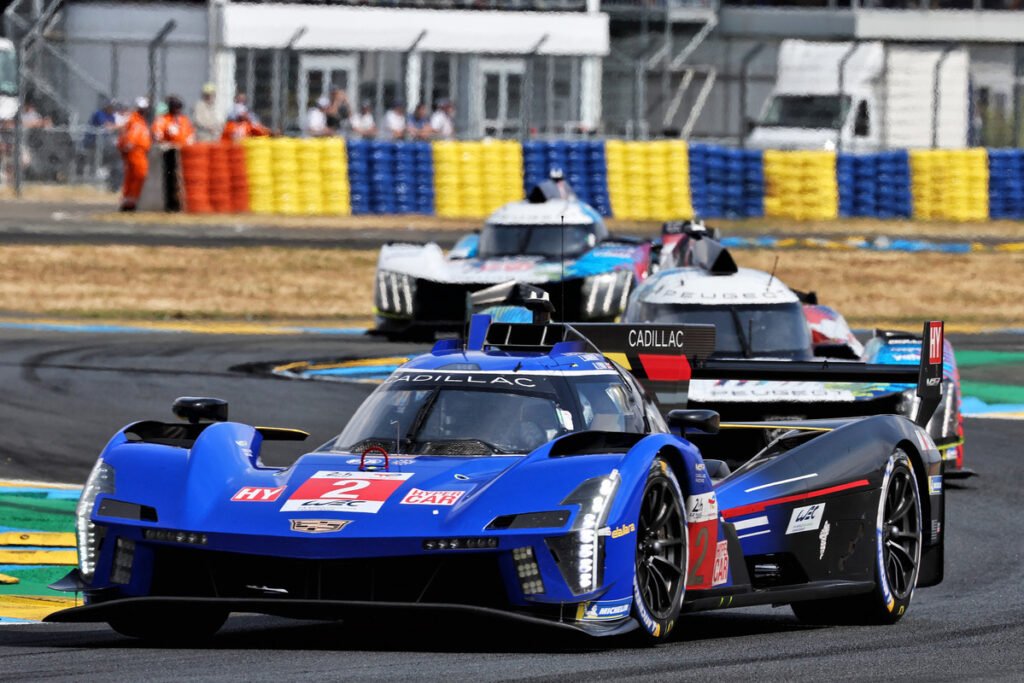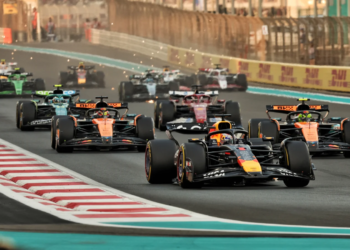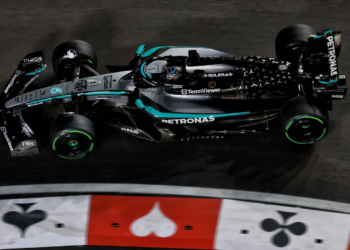Sports betting, a domain often shrouded in the allure of fortune-telling, involves more than just predicting winners. It’s a complex activity, interwoven with uncertainties and strategic planning.
This article aims to unravel the intricate tapestry of profitable sports betting, enriched by the experiences and insights of seasoned professional bettors with over two decades in the field. Their journey from a blackjack card counter to a sports betting expert provides a unique perspective on the nuances of this activity.
In their career, they have also observed the rise of online platforms, like bookmakers not cooperating with Gamstop, which offer a wider variety of betting options and accessibility to bettors. This evolution in the betting landscape forms an integral part of today’s sports betting environment.
Understanding what sports betting is not
The myth of quick riches
A common misconception is that sports betting is a direct path to immense wealth, akin to a financial windfall. This belief is far from the truth. The notion of quickly amassing riches through sports betting is a mirage, often perpetuated by the flashy portrayal of sportsbooks.
These entities market the idea of colossal wins, like a lottery, to entice bettors into believing in the possibility of life-changing gains from minimal wagers. However, reality tells a different story. The path to success in sports betting is neither quick nor strewn with easy riches.
The process of sports betting
Understanding sports betting as a process is crucial. It’s a meticulous journey of identifying small, yet significant opportunities — the “edges” that others might overlook. This process is iterative and demands patience, discipline, and an analytical mindset.
It begins with spotting an edge: a betting opportunity that offers a higher probability of winning compared to the general market perception. The next step is to bet judiciously on these edges.
This doesn’t mean wagering large amounts blindly but placing well-thought-out bets based on solid research and analysis. The cycle of finding an edge, betting intelligently, and then repeating the process is what distinguishes a profitable bettor from the rest. It’s a long-term endeavour, requiring a consistent approach rather than a pursuit of one-time, high-stake wins.
The role of probability: Basic probability with a flip of a coin
A fundamental example to understand probability in betting is the coin flip. This simple exercise offers a clear 50-50 chance for either heads or tails, embodying the essence of an even probability scenario.
In such a situation, if two parties bet an equal amount, neither gains an edge over the other. However, the dynamics change when one party offers better returns, such as $1.10 against the other’s $1.00.
This discrepancy in pay out creates what’s known as an “edge.” The party offering $1.00 stands to gain more than their fair share over numerous bets, demonstrating how even slight variations in pay outs can significantly impact the expected outcomes in betting.
Expected value in betting
The concept of Expected Value (EV) is pivotal in the realm of sports betting. EV is a statistical measure that indicates the average amount one can expect to win (or lose) per bet, based on the odds and the actual probability of the event occurring.
It’s important to understand that EV is not about guaranteed outcomes for individual bets but rather about long-term averages. A bet with a positive EV means that over time, you can expect to make a profit, as the odds are in your favour more than they are against you.
This principle underscores the importance of seeking bets where the price (odds offered) presents a favourable comparison to the true likelihood of the outcome.
Understanding the sports betting market: Types of sports books
The sports betting market is broadly divided into two types of sportsbooks: those that cater to sharp bettors and those that do not. Sharp bettors are experienced, knowledgeable bettors who often bet large sums of money.
Sportsbooks closely monitor their betting actions, as they can significantly influence betting lines. Understanding the difference between these sportsbooks is crucial for developing a successful betting strategy.
Sharp sportsbooks typically offer more competitive odds and are quick to adjust their lines, making them a valuable resource for informed bettors seeking to capitalise on the most accurate odds.

Market efficiency and price
An efficient betting market is one where the odds offered reflect the true probability of the outcomes as closely as possible. Successful bettors rely on the efficiency of the market to guide their decisions.
They compare the odds offered across various sportsbooks to find discrepancies that represent positive EV opportunities. The key to profitability in sports betting lies in consistently finding and exploiting these opportunities.
The odds provided by sharp sportsbooks often serve as a benchmark for market efficiency. By analysing these odds and comparing them with those offered by other sportsbooks, bettors can identify instances where the price is more favourable than the actual probability, thus creating a scenario for a positive expected value bet.
Bankroll management: The Kelly Criterion
The Kelly Criterion is a strategic formula widely used in the world of sports betting to determine the optimal size of a bet. It’s based on a simple principle: bet a percentage of your bankroll proportional to your edge over the bookmaker, balanced against the odds.
The main goal of the Kelly Criterion is to maximize the growth of your bankroll over the long term by optimizing bet sizes. However, it’s important to note that using the full Kelly can lead to high volatility and significant swings in your bankroll.
Due to this risk, many bettors opt for a more conservative approach, such as the ‘quarter Kelly,’ which involves betting a smaller fraction of the recommended amount. This strategy reduces risk and helps preserve the bankroll over longer periods, even in the face of losing streaks.
Importance of bankroll management
Effective bankroll management is one of the cornerstones of successful sports betting. It involves betting amounts that are in line with the size of your bankroll and the edge you’ve identified in a particular bet.
Proper bankroll management helps in mitigating risks, ensuring that a string of losses doesn’t deplete your betting funds. It’s a common pitfall among bettors to overestimate their edge or to bet too large a portion of their bankroll, leading to potential financial ruin.
The key is to be disciplined and consistent in your betting approach, understanding that no bet, no matter how favourable it seems, is worth risking a significant portion of your bankroll.

Finding your edge: Tools for betting
Successful sports betting isn’t just about understanding the games or the teams; it’s about having the right tools to identify and quantify your edge. These tools include software and algorithms that convert betting odds into probabilities, compare these probabilities against market lines, and calculate the expected value of each bet.
Such tools are invaluable in helping bettors make informed decisions, as they provide a more scientific approach to evaluating betting opportunities.
Utilizing market lines
Market lines, especially those set by sharp sportsbooks, are crucial for bettors looking to find their edge. Sharp sportsbooks are known for having well-researched, accurate lines, and they adjust these lines quickly based on betting action from informed bettors.
By comparing the lines offered by Sharp Sportsbooks with those offered by other sportsbooks, a bettor can identify discrepancies that may signal value bets. This comparison helps in finding bets where the odds are in the bettor’s favour, increasing the chances of long-term profitability.
Conclusion
Sports betting transcends mere prediction of game outcomes. It’s a disciplined field that requires an in-depth understanding of probabilities, strict bankroll management, and a relentless pursuit of value in the betting market.
Embracing these principles and consistently applying them can significantly enhance a bettor’s chances of success. It’s about being methodical, patient, and calculated in your approach, always seeking to make bets that offer real value rather than simply betting on the most popular or exciting matches. By doing so, bettors can turn sports betting from a game of chance into a more predictable and profitable endeavour.







